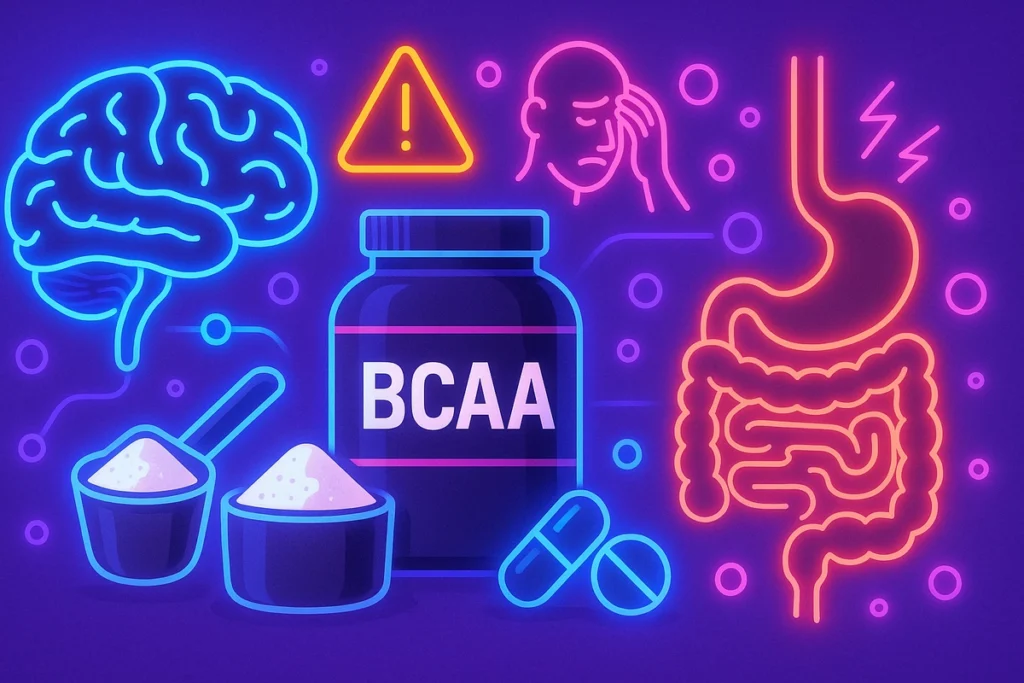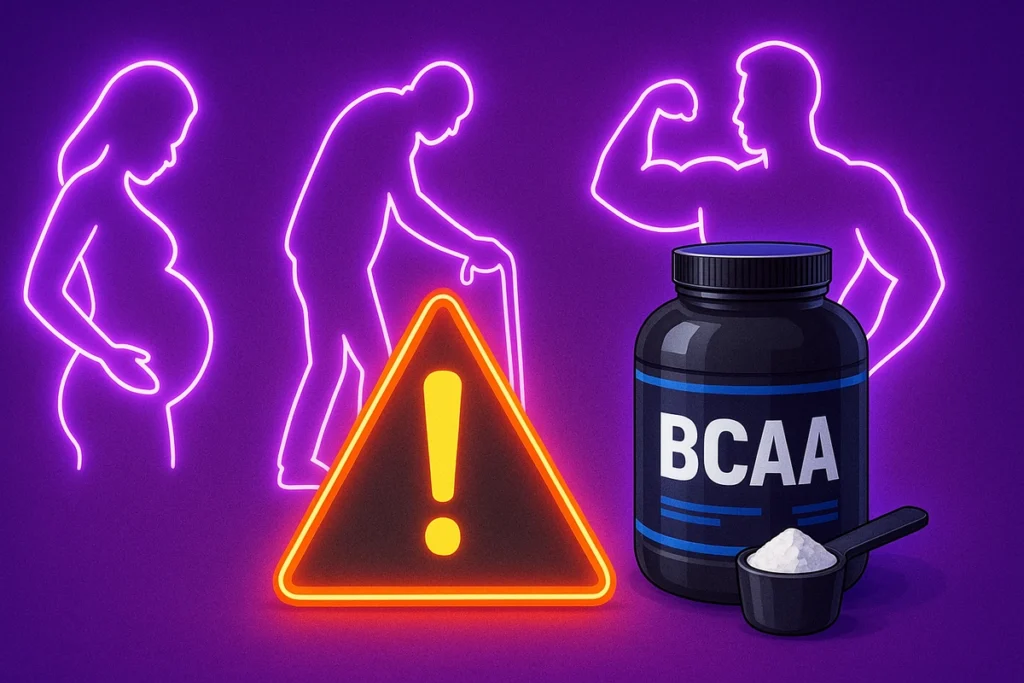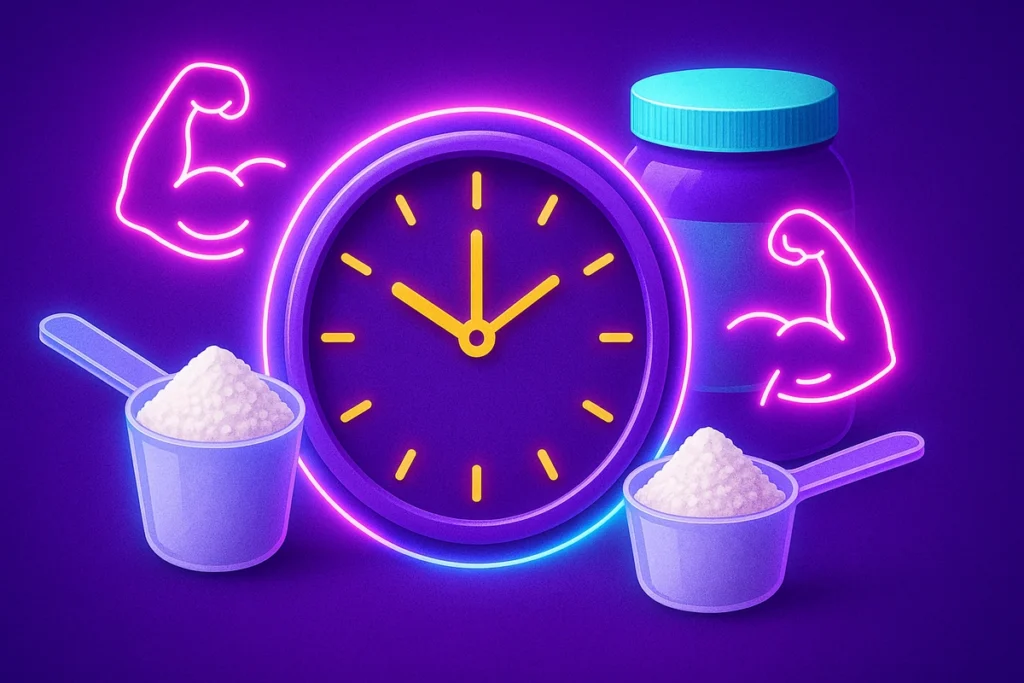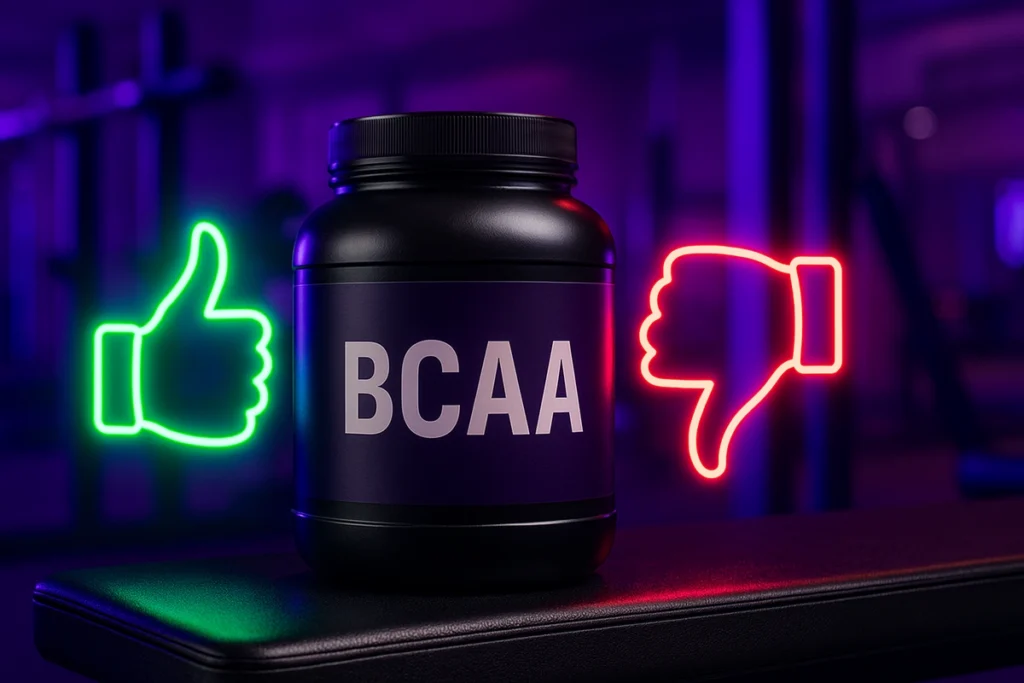Are you chugging down BCAAs thinking they’ll fast-track your gains?
Hold up. Taking too much can actually work against your progress.
From sleep issues to stomach discomfort and even fatigue, overusing BCAAs isn’t as harmless as it sounds.
As a coach who’s been through it—and helped others recover from it—I’ll break down exactly what happens when you overdo BCAAs and how to use them smartly.
Let’s clear the confusion before it costs you results.
Table of contents
- Can You Take Too Much BCAAs?
- What Happens If You Take Too Much BCAAs?
- How Much BCAA Is Too Much Per Day?
- Side Effects Breakdown: What Science Says
- Who Should Avoid High BCAA Doses?
- Real-Life Experience: What I Noticed With Excess BCAAs
- Smarter BCAA Use: Optimal Timing and Dosage
- Final Verdict: Use BCAAs Wisely or Skip It?
Can You Take Too Much BCAAs?

Absolutely, yes. While BCAAs are popular for muscle recovery and workout performance, taking too much can backfire.
I’ve been there myself—thinking “more must be better”—but your body quickly proves otherwise.
If you’ve ever felt extra tired, had a weird stomach, or couldn’t sleep well after high BCAA intake, you’re not alone. These are real signs your body’s pushing back.
Learn more about the ideal BCAA dosage for athletes to avoid overdoing it.
What Happens If You Take Too Much BCAAs?

When I went overboard with 20–25 grams a day during a cutting phase, I expected better recovery.
Instead, I got nausea, fatigue, and broken sleep.
Common side effects include:
- Fatigue instead of energy
- Nausea or stomach discomfort
- Sleep disturbances
- Headaches or light-headedness
- Mood swings or increased cravings
- Possible insulin resistance over time
One of my clients, Diego from Spain, upped his BCAA intake hoping to speed up recovery.
Within two weeks, he was dealing with stomach cramps and sugar cravings he hadn’t had before.
If you’re wondering whether you should take BCAAs before or after a workout, timing matters more than quantity.
How Much BCAA Is Too Much Per Day?

Generally, anything above 15 grams per day—especially without a strong reason—can be too much.
For most people, 5–10g is enough if used smartly.
I once used 10g before fasted cardio and another 10–15g during my workouts.
That’s when my body told me I was overdoing it.
If you’re getting enough protein from food or shakes, you probably don’t need that much.
You can also check this guide on BCAAs during intermittent fasting to better align with your training goals.
Side Effects Breakdown: What Science Says

Research shows that overuse of isolated BCAAs can lead to an imbalance in amino acid levels—especially if your diet lacks other essential aminos.
That can mess with neurotransmitter production, energy levels, and even your mood.
Anya, one of my clients from Ukraine, dealt with headaches and poor sleep during her low-carb phase while supplementing 15g of BCAAs.
Once we scaled back and improved her protein intake, everything stabilized.
If you’re unsure whether BCAAs are better than full protein sources, read BCAAs vs. protein powder or even this in-depth comparison of EAAs, BCAAs, and protein.
Who Should Avoid High BCAA Doses?

High BCAA intake isn’t for everyone. You should be cautious if:
- You have kidney issues
- You’re on a low-protein or low-carb diet
- You’re pregnant or breastfeeding
- You train fasted frequently
- You’re already consuming a high-protein diet
In Sarah’s case (from Canada), she was using BCAAs during intermittent fasting and feeling dizzy and weak.
I suggested she switch to EAAs with electrolytes—and that alone fixed the problem.
Curious about BCAAs for fat loss? This guide on BCAAs for fasted cardio is a must-read.
Real-Life Experience: What I Noticed With Excess BCAAs

During my own cut, I relied heavily on BCAAs thinking they’d help retain muscle while fasted.
What actually happened? I had less energy, worse sleep, and nagging nausea that didn’t make sense—until I cut back the BCAAs.
That’s when I learned: supplements are tools, not magic. Too much of a good thing can easily become a bad thing.
Since then, I’ve only used BCAAs sparingly and intentionally.
Want better absorption from your BCAA dose? Here’s a useful tip: how to mix BCAAs for best absorption.
Smarter BCAA Use: Optimal Timing and Dosage

Here’s how I recommend using BCAAs smartly:
- Fasted training? 5–7g pre-workout can help.
- Low-calorie diet? Use them strategically, not all day.
- Already eating 1.6–2.2g protein/kg? You likely don’t need BCAAs.
If you’re focused on muscle retention or cutting and training fasted, BCAAs can be helpful in small doses.
Otherwise, prioritize whole protein sources or a full-spectrum EAA.
If you’re training on rest days, here’s how to adjust:
Should you take BCAAs on rest days?
Women who train hard may also benefit from a tailored approach:
BCAAs for women in strength training
Also, don’t miss this one: Should you take BCAAs with or without food?
Final Verdict: Use BCAAs Wisely or Skip It?

If you’re using BCAAs as part of a smart, intentional plan—go for it.
But don’t fall for the “more is better” trap. I’ve done that. My clients have done that. It rarely ends well.
Be smart. Use BCAAs like a scalpel, not a hammer.
Your muscles grow from smart effort and smart recovery—not overdosing on any one supplement.



Leave a Reply